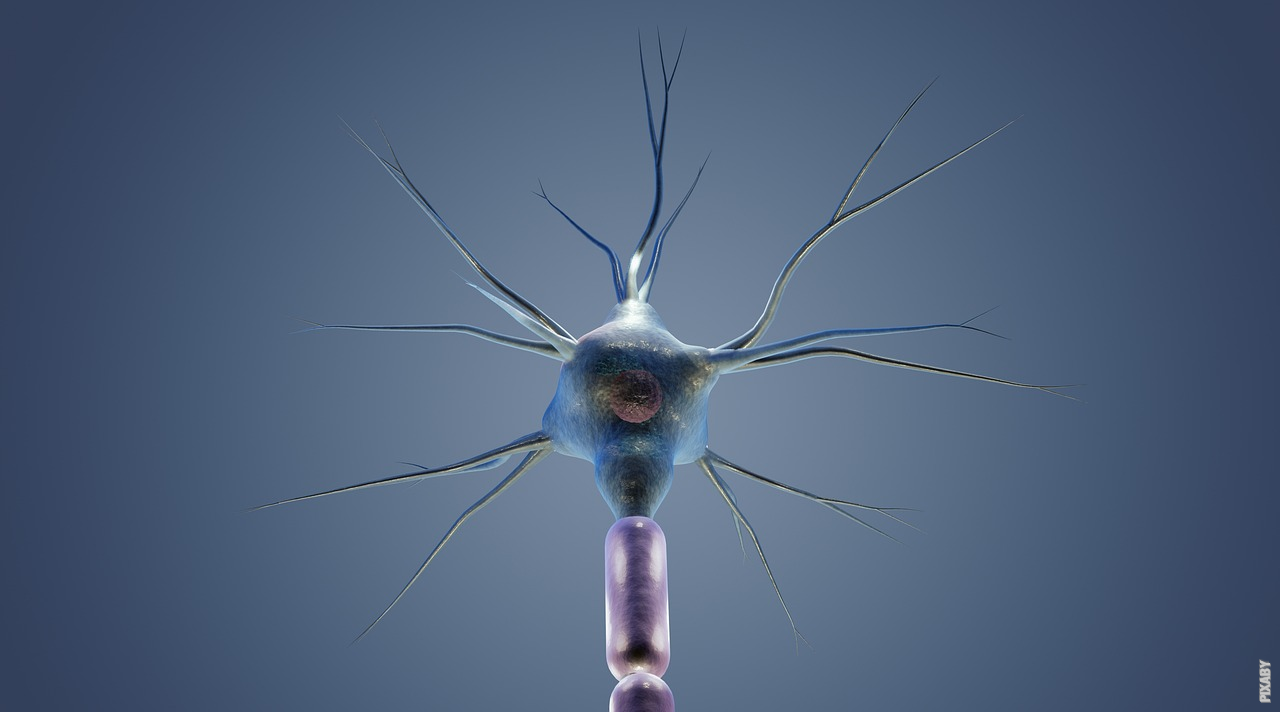The Intricate World of Nerves
Nerves are the unsung heroes of the human body, quietly conducting electrical signals that allow us to move, think, and experience the world around us. These remarkable structures serve as the communication network that connects every corner of our body, from our fingertips to our brain. Let’s delve into the fascinating world of nerves and discover the intricacies of this essential biological system.
Building Blocks of Nerves
At their core, nerves are composed of specialized cells called neurons. Neurons are the building blocks of the nervous system and are responsible for transmitting electrical signals throughout the body. They have a unique structure with a cell body, dendrites, and an axon. The cell body contains the nucleus, which houses the genetic material, while the dendrites receive signals from other neurons. The axon, on the other hand, transmits signals to other cells.
Electric Symphony
Nerves function by transmitting electrical impulses, creating a symphony of signals that allow our body to function seamlessly. The electrical signals, known as action potentials, travel along the axons of neurons. These action potentials are generated when the neuron receives a stimulus, such as touch or temperature, and they propagate along the axon like a wave. The speed at which these signals travel can vary, with some nerves transmitting information at a lightning-fast pace.
The Central Command Center
The nervous system is divided into two main parts: the central nervous system (CNS) and the peripheral nervous system (PNS). The CNS consists of the brain and spinal cord, while the PNS includes all the nerves that extend from the CNS to the rest of the body. The brain acts as the central command center, processing information received from the peripheral nerves and sending out signals to initiate appropriate responses.
From Pain to Pleasure
Nerves not only enable us to experience physical sensations but also play a crucial role in our emotions. They transmit signals associated with pleasure, pain, and everything in between. When we touch something hot, nerve endings in our skin send a warning signal to our brain, prompting us to withdraw our hand. Similarly, when we experience joy or excitement, nerves transmit signals that create a sense of euphoria.
Post
Post
The Power of Regeneration
Unlike many other cells in the body, nerves possess the remarkable ability to regenerate. If damaged, they can repair themselves over time, allowing for recovery from injuries. However, this process can be slow and may not always result in full restoration of function. Researchers are actively studying this regenerative capacity to unlock potential treatments for nerve-related disorders.
Unraveling the Mysteries
Despite the progress made in understanding nerves, there is still much to uncover. Scientists continue to explore the complexities of the nervous system, seeking to unravel its mysteries and uncover new insights into how it functions. Through ongoing research, we hope to gain a deeper understanding of nerves and harness their potential to improve human health.
In conclusion, nerves are the unsung heroes of our bodies, silently working behind the scenes to keep us moving, feeling, and experiencing the world. Their intricate structure and ability to transmit electrical signals make them a fascinating subject of study. As we continue to unravel the complexities of nerves, we inch closer to unlocking their full potential and enhancing our understanding of the human body.



